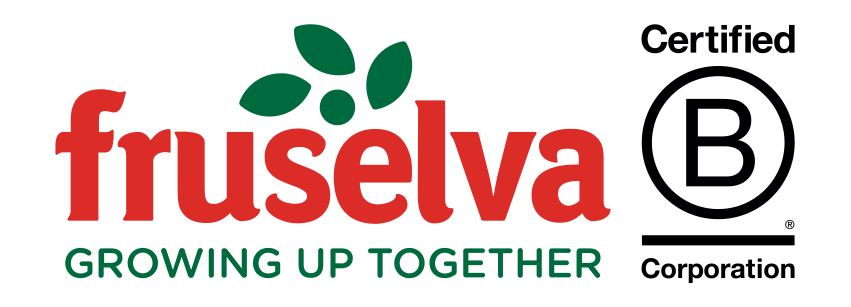A sustainable diet is defined as one with low environmental impact, contributing to food and nutrition security and protecting biodiversity and the ecosystem. Plant-based alternatives are considered environmentally sustaibable, with lower negative impacts on the environment compared to animal-based products. Particularly plant-based yogurt substitute, offer appealing taste and improved sensory attributes. Factors such as sensory attributes, nutritional quality, and extrinsic attribute information disclosure influence consumer acceptance of plant-based yogurt alternatives. More research is needed to understand the factors influencing consumer intention to consume plant-based yogurt alternatives and to identify key drivers and barriers to adoption (Pandey, S. et al 2021).
Plant-based yogurt alternatives have gained significant popularity in recent year, driven by the increasing demand for dairy-free and vegan options. The plant-based yogurt market is growing rapidly. In 2021, the global plant-based yogurt market was valued at $2.4 bilion and is projected to reach $4.3 billion by 2028.
The consumption of plant-derived protein in Europe is increasing, particularly in the form of Plant-based and yogurt-like products. Fermentation is seen as a natural and effective way to improve the technological, sensory, nutritional, and functional properties of plant-based products, making them appealing to consumers and the food industry.
Creating Plant-based yogurt-like products poses challenges due to differences in protein properties and the need for additives to achieve desired texture and stability. To address this, researchers have explored the use of exopolysaccharide-producing bacteria and starch gelatinization as alternatives to additives. These approaches improve the texture and prevent phase separation in PBYL products (Montemurro, M. et al. 2021).
Plant-based yogurts are suitable for vegans and those with lactose intolerance or dairy allergies. Highlight the benefits of those alternatives, such as being lower in saturated fat and cholesterol, high in fiber, and rich in vitamins, minerals, and antioxidant.
There is a wide range of plant-based yogurt alternatives available in the market, including almond, coconut, soy, cashew, oat and hemp-based options. Offering a variety of flavors and textures can attract consumers with different preferences and dietaty restrictions.
Current plant-based yogurts alter-natives use a plethora of thickeners and stabilizers to attain satisfactory textures. More research into acid- and salt-induced gelling behavior of pulse proteins could result in “clean label” yogurt alternatives with promising market prospects (Boeck, T. et al 2021).
According to the consumer needs and experience of plant-based alternatives, they are looking for products that are: healthy, tasty, convenient, and affordable. Consumers are also increasingly looking for plant-based yogurt alternatives that are fortified with nutrients such as calcium, protein, and vitamin D. However, we must mention that these vegetable alternatives to yogurt do not contain dairy cultures, but they do have other types of fortifications. For example, soy vegetable drinks are a good source of protein and calcium, while almond vegetable drinks are a good source of vitamin E.
However, despite being an exponentially growing industry, the current alternatives on the market require refrigeration to maintain proper product conditions. There are limited alternatives that do not have this requirement. Our alternatives have the advantage of transport without refrigeration as a selling point.
This means that your product can be shipped and stored more easily, which can help to reduce costs and increase availability. Additionally, the fact that your product does not require refrigeration makes it a more convenient option for consumers. This is especially important for consumers who are on the go or who do not have access to refrigeration.
Pandey, Sujita, Christian Ritz, and Federico Jose Armando Perez-Cueto. 2021. “An Application of the Theory of Planned Behaviour to Predict Intention to Consume Plant-Based Yogurt Alternatives” Foods 10, no. 1: 148. https://doi.org/10.3390/foods10010148
Montemurro, Marco, Erica Pontonio, Rossana Coda, and Carlo Giuseppe Rizzello. 2021. “Plant-Based Alternatives to Yogurt: State-of-the-Art and Perspectives of New Biotechnological Challenges” Foods 10, no. 2: 316. https://doi.org/10.3390/foods10020316
Boeck Theresa, Sahin Aylin W., Zannini Emanuele, Arendt Elke K. 2021. “Nutritional properties and health aspects of pulses and theiruse in plant-based yogurt alternatives” Comprehensive reviews in food science and food safety 20, 4 3135-4210. DOI: 10.1111/1541-4337.12778



![FOTO BLOG [Recuperado]_Mesa de trabajo 1 copia Plant-Based](https://fruselva.com/wp-content/uploads/2023/06/FOTO-BLOG-Recuperado_Mesa-de-trabajo-1-copia.jpg)